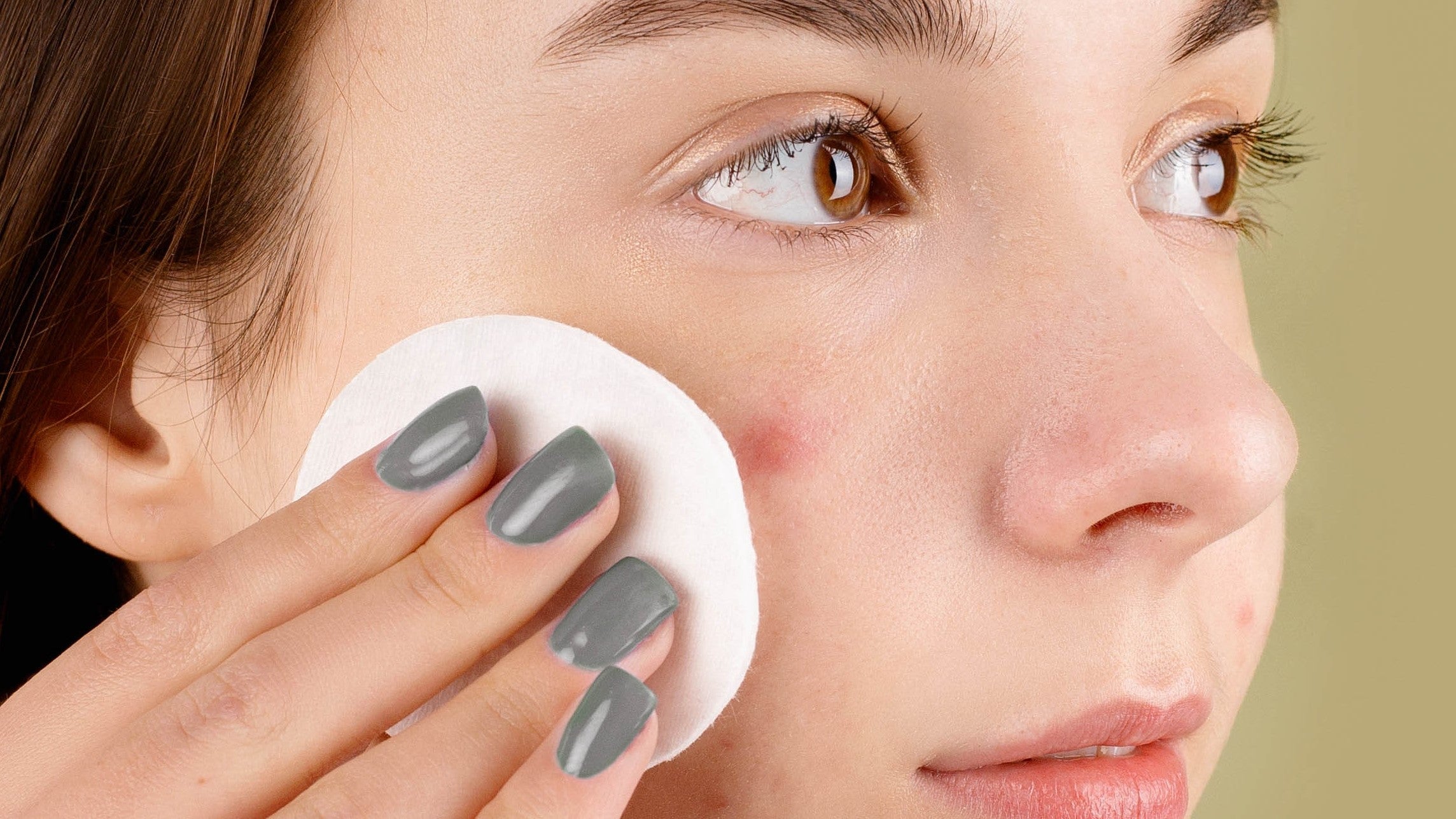When I first sat down to write this, my goal to was to do something like a top 10 of Ayurveda’s most anti-inflammatory herbs. But the more I dove into the nitty-gritty of the ranking, the more impossible it became to decide; the research is never ending. So instead of a top 10, let’s explore what inflammation is, and how we can tackle it effectively.
If we exclude the possibility of acute trauma to the body, like getting punched or falling off a bicycle, inflammation in the body is largely due to diet and a lack of oxygen.
Let’s look at oxygen first. Have you ever observed yourself breathing? In the span of 5 minutes of your normal breathing, how many times did you completely fill and empty your lung sacs? You probably didn’t even once. Most people only fill the top 30% of their lungs when breathing. To top it off, if you have a job where you’re largely stationary for 8+ hours a day, your circulation gets compromised, and some organs have more access to the oxygen and nutrients in your blood than others. The short of it is, not all parts of your body are equally, or even well-oxygenated. Of course, exercise helps with this; yoga asanas or yoga kriyas in particular, as one of their foundational aims was to increase oxygen and blood flow in the body while developing the nervous system. It might sound cliché, but yoga, kriyas, walking, pranayama breathing exercises, or general exercise are not just about losing weight and getting swol, they actively contribute to lowering bodily inflammation.
Next, let’s examine the liquid part of our diets, starting with water. Water is supposed to be a 7 on the pH scale: purely neutral. But not all water is equal- whether you get your water from the city or your own personal well, it’s harder and harder to get water that is either neutral (at 7) or alkaline (7.5 or higher). The liquids we consume hydrate our body, from organ tissues, muscle tissues, to the fats that insulate, protect, and enhance our nervous system- liquids keep all of those things working. If you’re hydrating with acidic water (6 pH or lower), or with sugary beverages, you’re doing your organs, muscles, and nerves a disservice. Alkaline water and beverages such as coconut water or aloe vera inner fillet juice are more hydrating to your inner organs and muscles than water with a pH lower than 7, and certainly more so than sugary beverages.
Yes, there are teas and other drinks that are anti-inflammatory: green tea, rooibos, tulsi, kombucha, and a myriad of other herbal teas that can hydrate your body effectively while boosting digestion, immunity, and general wellness. However, when we wade into these waters, we begin to have to be selective, and possess a certain level of knowledge in terms of what works best for whom and choosing the best ones for your specific biology. So for now, let’s keep it simple: when you want something cooling, soothing, hydrating, balancing and anti-inflammatory for your body, the easiest things you can turn to are alkaline waters (7.5 pH or higher), coconut water, and aloe vera inner fillet juice.
Next, let’s look at food. Ayurveda has been examining and preaching on the topic of how certain foods impact the body for 5 millennia, and ranking them accordingly. There are thousands of pages of text on this topic, but to summarize it, fresh, plant-based foods create health and alkalinity in the body, while old, fried, or animal-sourced foods foster space for disease and inflammation in the body. Of course, health is a multi-dimensional scale and not all foods in those over-arching general categories will fall on it equally, but there is a reason those with whole-food, plant-based diets consistently out-perform carnist diets when cholesterol, blood pressure, and BMI are measured, not to mention other subjective monikers of health such as energy levels, memory, and frequency of illness on an annual basis. There are 6 pit-falls with regards to plant-based eating; the world’s top 6 allergens, 4 of which are plants: dairy, wheat, soy, corn, nuts, eggs. High consumption of any of these 6 foods creates an inflammatory response in the body and fosters dis-ease, especially related to respiratory conditions- both chronic and acute. Wheat, soy, and corn are in more products than we realize, so read those labels carefully!
In short, a diet focused on plant-based proteins and lots of veggies, hydrating, alkaline liquids, and increased oxygen flow in your body will do more to reduce bodily inflammation than any one product, herb, or oil. But, since we all love to know about cool and health-ful things to try, let’s get into that list. It is so very satisfying to the intellect.
Rachel’s favorites/ top anti-inflammatory picks are as follows:
- Black Cumin Seed
- Aloe Vera
- Coconut water and/or coconut meat
- Ashwaganda
- Neem
- Turmeric
- Amla Berry/ Amalaki
- Ginger
- Shilajit/ Mineral Pitch
- Guduchi/ Tinospara
- Triphala (the 3 fruits compound)
Vedic Botanicals uses some truly exciting oils that specifically target and soothe inflammation in the skin:
- Ho Wood- similar to Rosewood in its ability to reduce inflammation in the dermal tissues, but Rosewood is an endangered species. Found in Working Hands.
- Galbanum essential oil increases blood flow (read +nutrients and oxygen!) to individual cells. It’s got a terrible smell, but I think we’ve managed to mask most of it in our Restore Facial Serum.
- Chamomile- found in several products like Timeless Tresses, Nature’s Defense Bug Spray, and Bite Relief.
- Helichrysum, sandalwood, blue tansy, rose, geranium, carrot seed, palma rosa, manuka, chamomile, ho wood, and copaiba balsam are all calming & soothing, helping to reduce redness and dermal inflammation.
- Black pepper, cajeput, lemongrass, eucalyptus, sage, juniper, galbanum, lemon balm, ginger, celery seed, may chang, and mints help to increase circulation to the cells, increasing the flow of oxygen and nutrients, healing and promoting health-ful cellular production.





